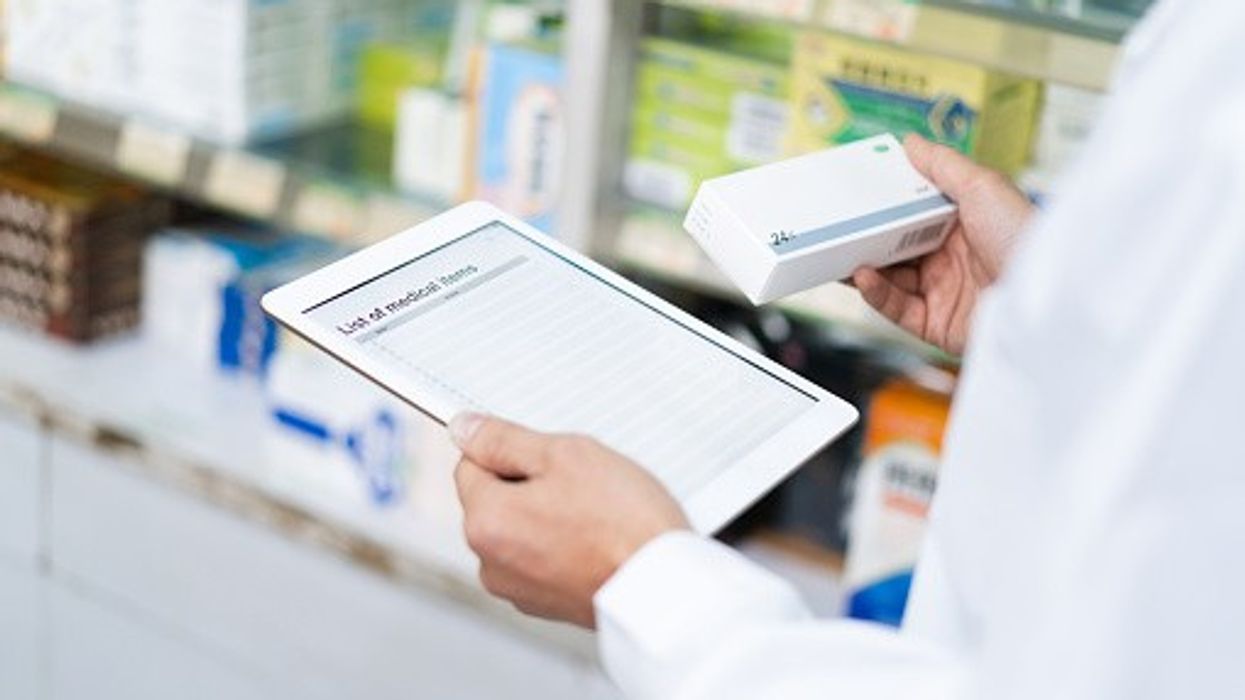NHSE outlines key considerations for pharmacy teams managing EPS prescriptions issued by prisons
NHS England has announced the expansion of Electronic Prescription Service (EPS) to Detained Estate health services in England, starting next month.
This means prescribers working in prisons would be able to issue EPS ‘To Take Out’ (TTO) and urgent prescriptions electronically to community pharmacies, eliminating the need for paper FP10 forms.
Currently, around 6,000 of these types of FP10s are issued annually by prisons, according to the NHSBSA.
However, with the introduction of EPS, the reliance on this method for supplying medicines to people upon release from prison may change.
The NHSE noted that EPS rollout will "significantly improve access to urgent medicines and medicines needed by released patients."
Health and justice statistics show that tens of thousands of people are discharged from prison each year.
NHS England has highlighted some important points for pharmacy teams to consider when handling these EPS prescriptions for released patients.
- Non-nominated EPS prescriptions need to be retrieved from the NHS Spine
“Due to the uncertainty of where an individual will be residing post release, the non-nomination option for prescriptions is the most effective and safe option in ensuring
continuity of medicines to individuals and ease of access to their medicines,” the NHSE explained.
- Pharmacies to retrieve EPS prescriptions for patients without tokens
For released patients without a token or prescription barcode/number, the pharmacy team will need to locate their prescription using the patient's name, date of birth, and the prison's address.
- No NHS prescription charges for HM prison-issued prescriptions
Pharmacy teams are informed that an HM prison-issued FP10 or FP10MDA prescription is exempt from NHS prescription charges.
The NHSE noted that this type of prescription must have ‘HMP’ printed in the box for the practice address and patients with such prescriptions don't need to sign a declaration on the form.
Additionally, pharmacy teams are told that exemption category 0015 should only be used for the processing of HMP prisoners on release.
- Pharmacies can contact prison prescribers for prescription queries
If a pharmacy needs to contact a prison prescriber, the NHSE recommends finding the prison's contact details and calling the main switchboard to connect with the healthcare team.
The EPS rollout in the detained estate will de done on a phased basis starting with two pilot sites in September 2024, followed by a further five sites in November 2024.
The rollout will then be on a regional basis between November 2024 and March 2025.













